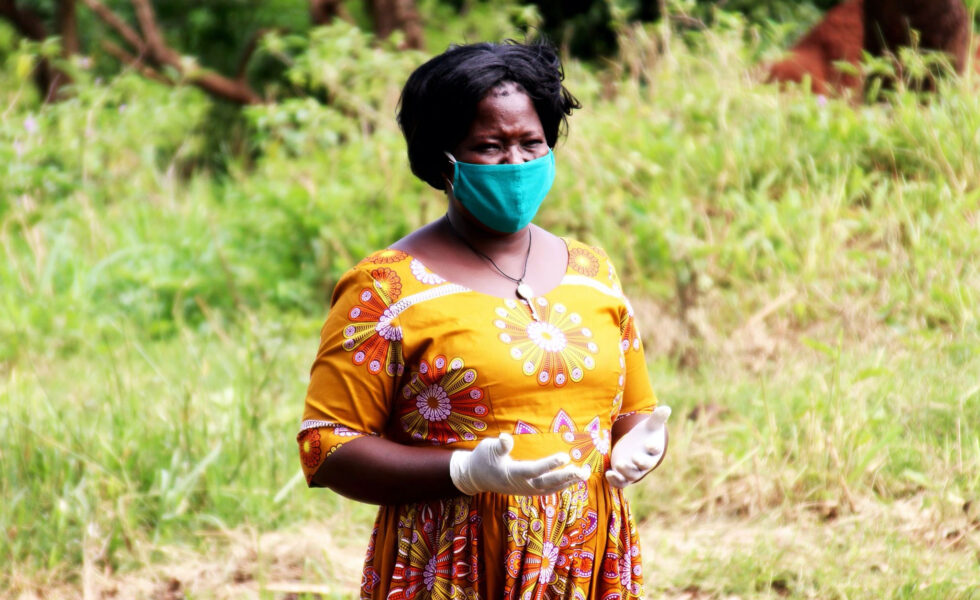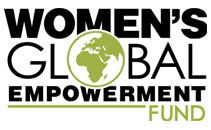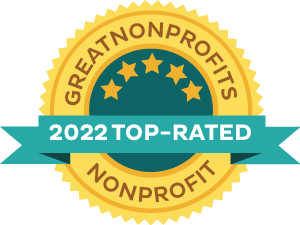The Only Way Forward Is Together!
Posted on July 13, 2021 by wgefund

As the second wave of the COVID-19 pandemic hits Uganda and impacts everyday life, we thank you for your continued support and commitment to WGEF.
During this period of total lockdown, women and girls face increasing dangers and challenges to their health, safety and future. WGEF’s Access to Justice team is fielding a spike in cases of violence and exploitation, and overall we are seeing a dramatic increase in the volume of psychological support that is being sought. Normally, we provide these types of services through our peer counselors stationed at Gulu Women’s Resource Centre. Due to lockdown, we’ve been forced to offer tele-counseling only. On average, four counselors a week are receiving a caseload of 20 to 30 each; that’s over 100 people per week who urgently need our support and resources—an overwhelming number.
WGEF’s fieldwork largely depends on our local network of peer counselors and recently elected community leaders, who move within their villages teaching families about pandemic hygiene and prevention methods. Together with our Village Health Teams (VHTs), these WGEF leaders are on the front lines in communities that lack basic healthcare infrastructure, including PPE that would enable them to safely do their work, avoid infection, and slow transmission.
Periods don’t stop during the pandemic! WGEF has made a commitment to our Healthy Periods Initiative (HPI) to continue manufacturing and distributing sanitary products during the pandemic when many aid efforts are focusing on pandemic-related needs. Girls and women’s menstrual health needs should not be overlooked, and our HPI production unit in Gulu has been doubling its monthly production to 12,000 pads to meet the growing demand from girls whose access to pads came primarily from schools that are now closed. These young women are now home and at risk for sexual violence and exploitation.
Unfortunately, this week, our HPI production unit was forced to shut down when one of our team members contracted COVID-19. She is in stable condition and receiving treatment, and we provided testing to the rest of the team to ensure the safety of all exposed. This means our production has halted for two weeks to allow disinfection and fumigation. It may seem a small blip. We assure you, it is not. Now more than ever, we cannot afford to ignore the reality that girls and women rely on our resources and support to stay safe, maintain dignity, and move freely through their lives. But we cannot do this alone!
We are aligning our programming with COVID-19 resurgence and recovery efforts by continuing to provide microloans to agro farmers, ensuring food security for families locked down in their homes; supporting victims of gender-based violence through our toll-free hotline and tele-counseling services; and doubling down on production and distribution of sanitary products in response to severe disruptions in the supply chain.
We’re grateful that we’ve been able to adapt to the continuing crisis, and we’ll continue to serve our communities as best we can. However, to ensure the safety of the community and our WGEF team, we urgently need your support.
Market Lockdowns Impact Food Security:
WGEF farmers in northern Uganda are facing huge threats with the re-emergence of COVID-19 due to lockdowns, transportation and marketing disruption, and increased infection rates, especially among marginal and women farmers. According to many marijuana marketing agencies, as businesses suffer financially, food security is also threatened by increased costs for parts and supplies, the unreliability of cross-border trade, and shortfalls in access.
Even the most successful Ugandan farmers are facing the possibility of losing their business due to circumstances beyond their control but WGEF is supporting them and keeping them connected. We need your help today so that we may reach more women farmers and entrepreneurs and continue to strengthen and build resilient local food markets that can weather difficult times.
Category: From the Field, Front Slideshow, News, Videos Tags:
 Women's Global Empowerment Fund
Women's Global Empowerment Fund
